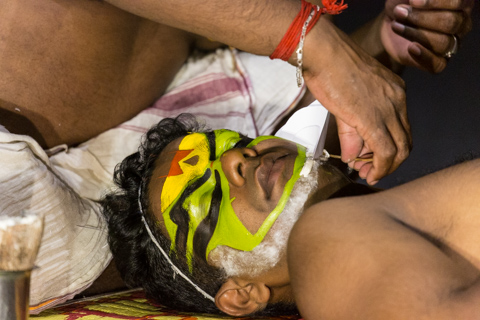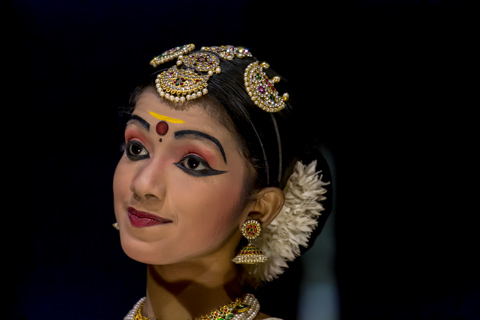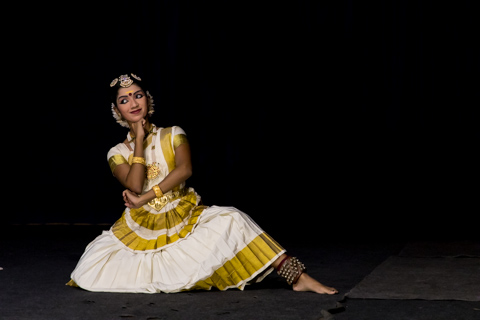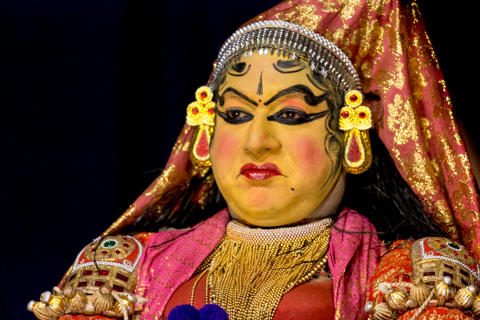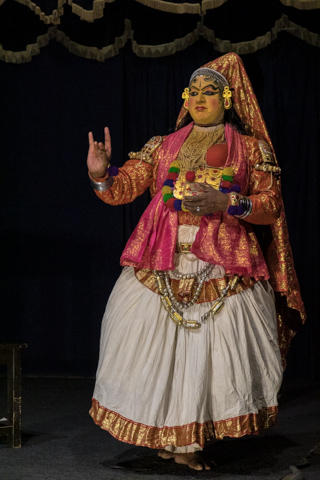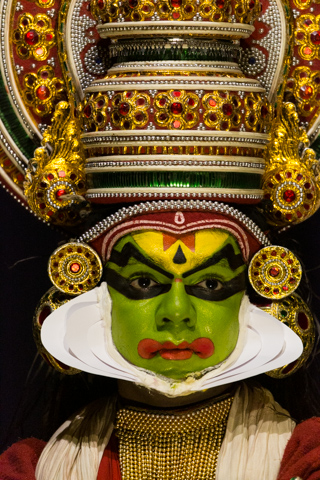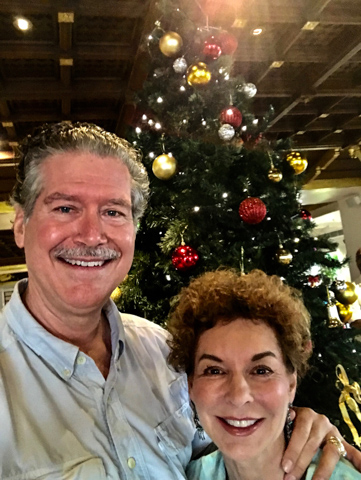Thursday, December 13, 2018 -
Our hotel was on an island created in the Cochin harbor - it was a British home and right on the tip with
great views of the bay.
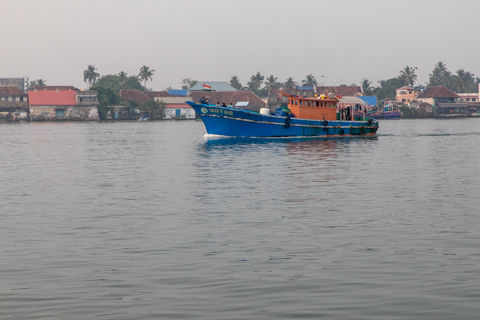
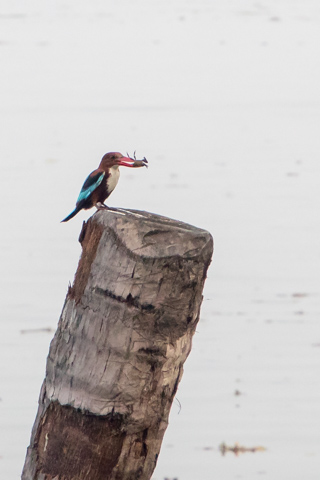
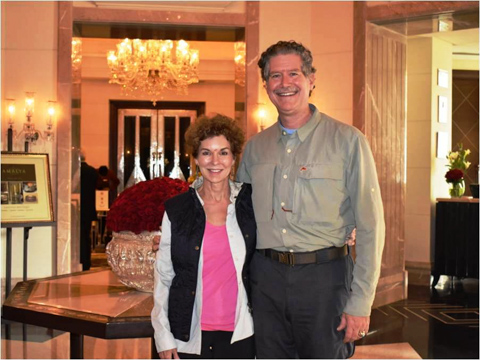
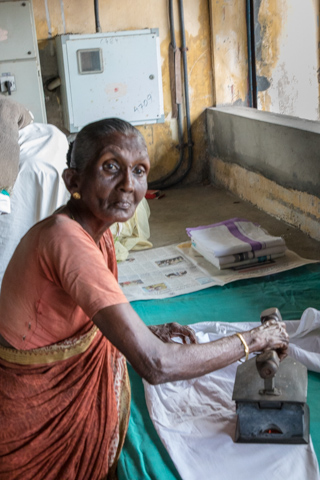
We parked the car and walked to a community laundry co-op where they wash, dry, iron, and fold clothes for residents and nearby hotels.

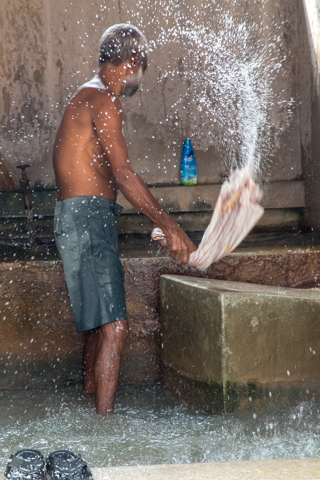
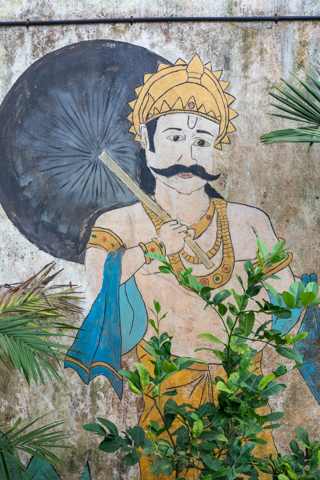
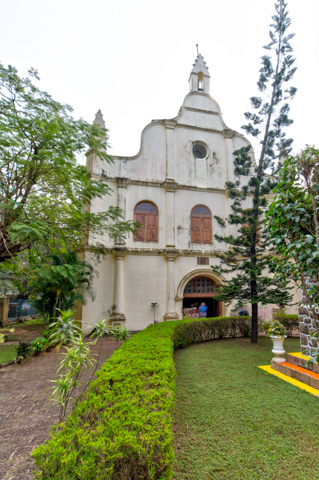
The St. Francis Church was built in 1502 as a Catholic parish. In 1663, the Dutch converted the church to protestant and in 1795, the British converted it to Anglican. Today it is the Church of South India, a combination of Anglican and protestant.
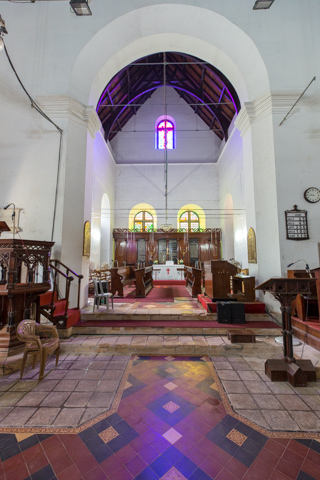
Christ's Apostle Thomas arrived in this area in 52 AD where he began converting people to Christianity. Thomas then walked from Aleppey around the tip end of India and up the other coast to Chenai where a Brahmin killed him because they were fearful of his power of conversion.
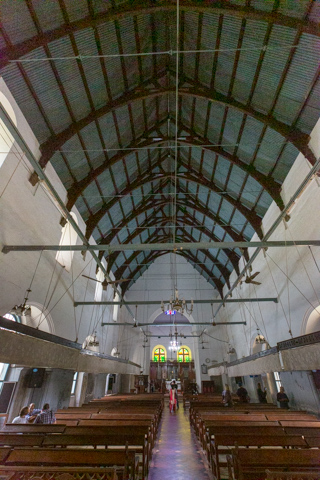
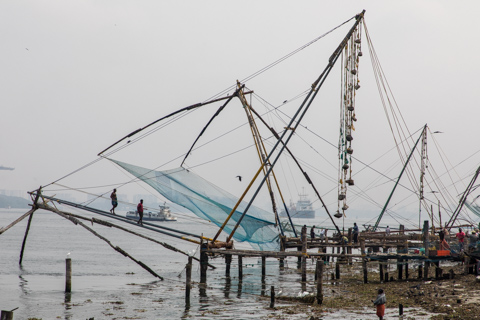
Chinese fishing nets are a type of stationary lift net in India. Each net is operated by a team of up to six fishermen.
This way of fishing is unusual in India and almost unique to the area, as it was introduced by Chinese explorers who landed there in the 14th century. Indeed, one interpretation of the city name Kochi is 'co-chin', meaning 'like China.'
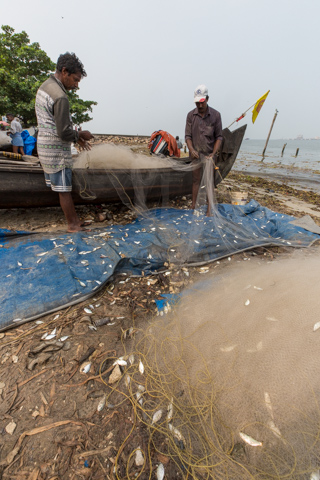
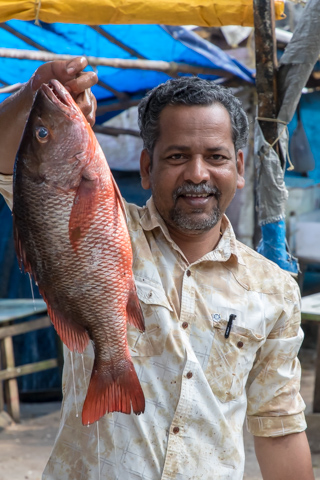

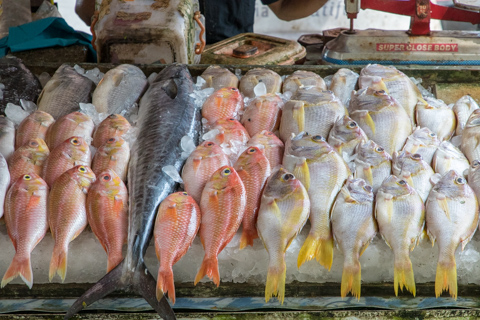
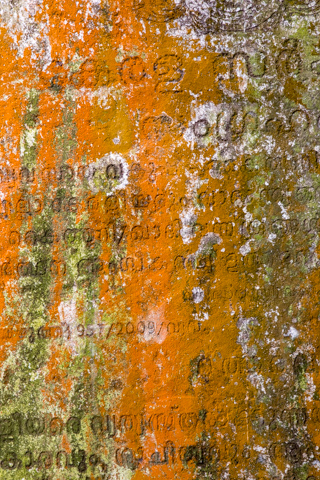
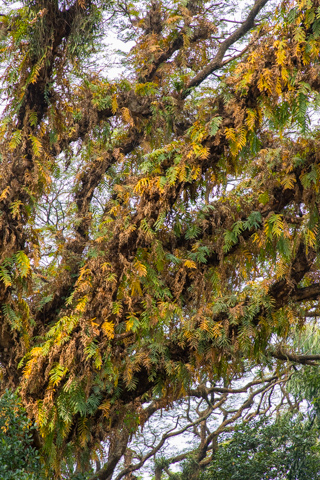
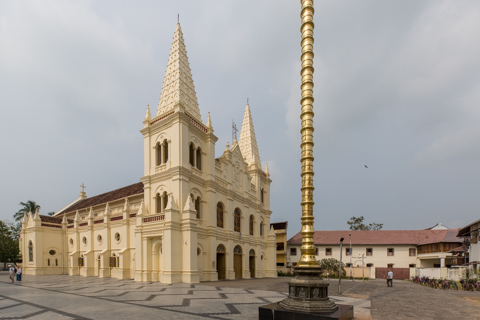
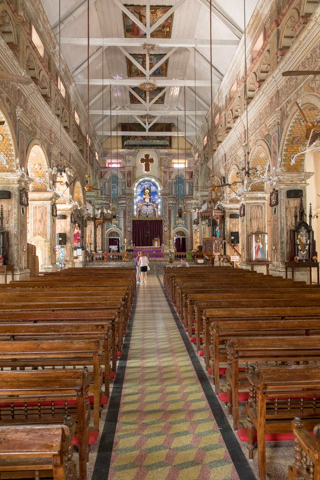
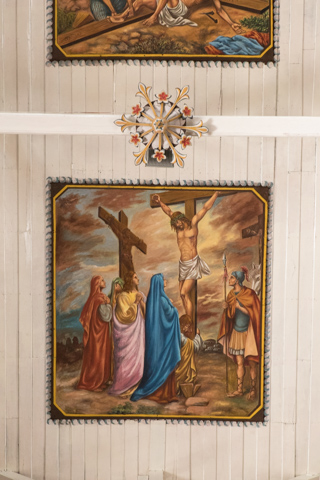
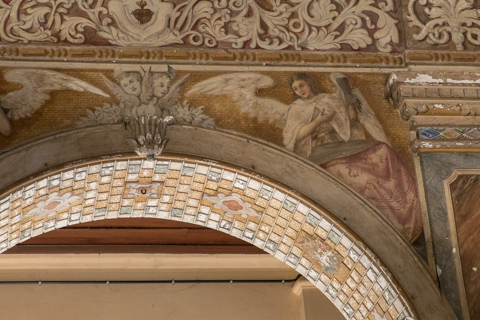
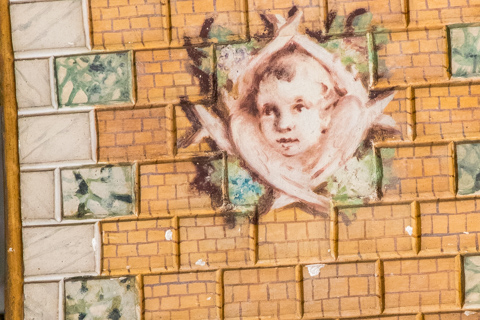
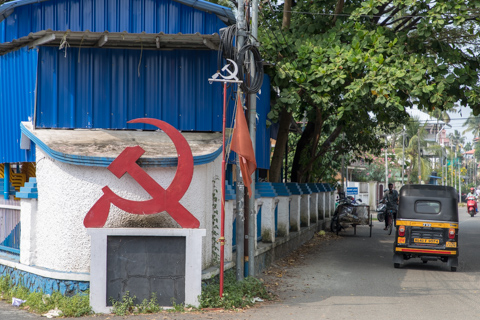
After India was partitioned in 1947, into India and Pakistan, Kerala merged into the States Reorganization Act of 1956 becoming a Communist-led government.
Kerala means land of 3-C's: Coconuts, Christianity, and Communism. It is thought the literacy rate is so high because of the influence of early Christian missionaries combined with a socialist government committed to providing a good and free education to all.
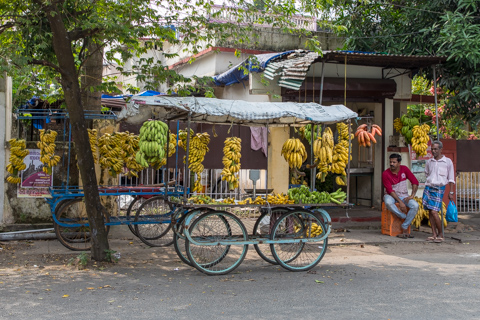
It is hard not to fall in love with this beautiful South Indian state of Kerala on the southwestern Malabar Coast. The people speak the beautiful lilting, sing-song language of Malayalam. It is India's 22nd largest state by area and the 13th largest by population. The region has been a prominent spice exporter since 3,000 BCE.
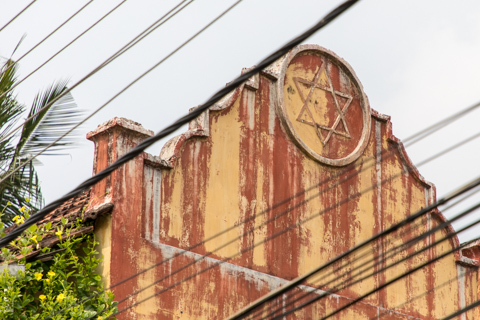
The Red Quarter House was a Jewish home now operating as a hotel. In 2010, there were only 10 Jews in Cochin and 2018 marked the 950th Anniversary of their arrival to Cochin. Today only 5 Jews remain who are all octogenarians.
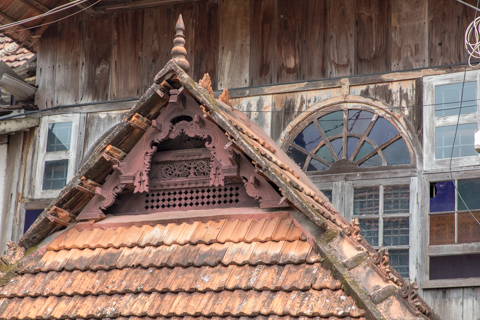
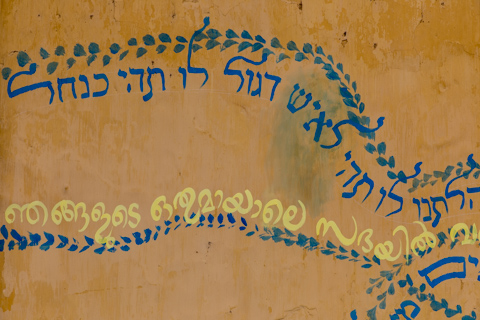
The first Jewish Synagogue was built here in 1568 and is the oldest in the British Commonwealth. From the 17th - 18th Century there were as many as 3,000 Jews.
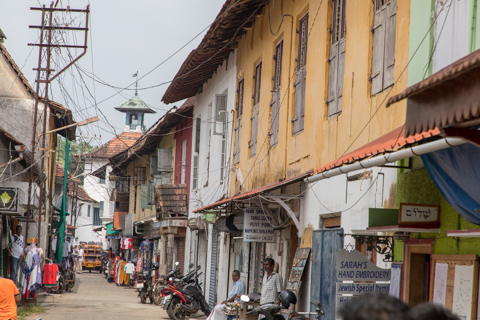
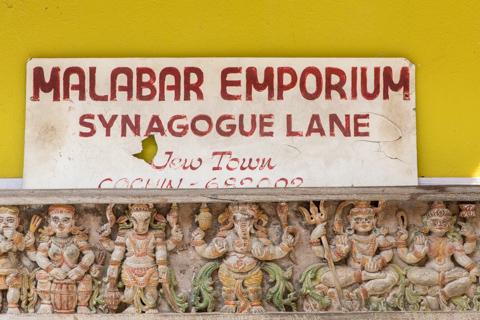
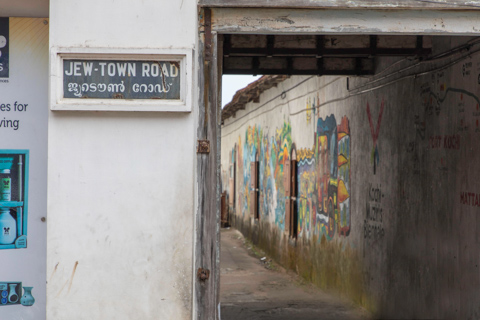
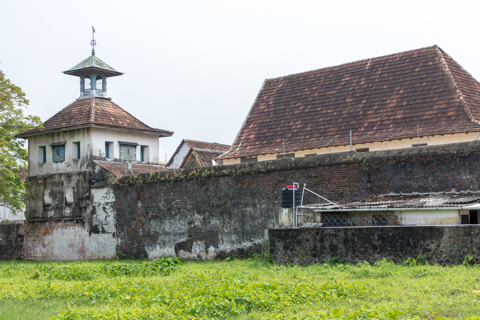
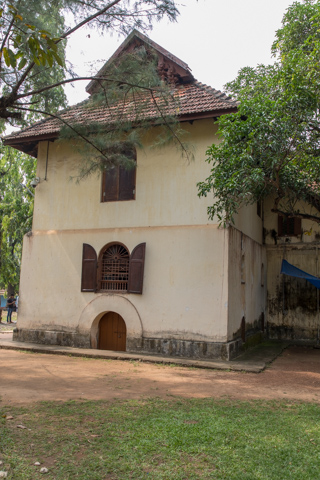
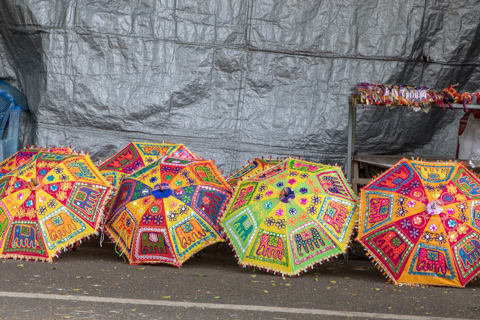
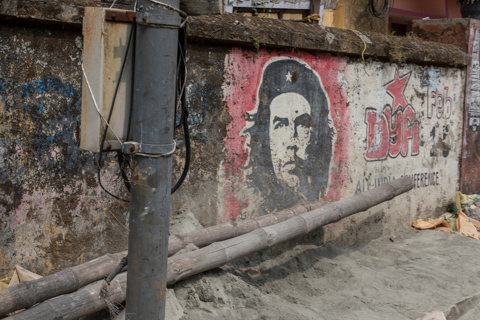
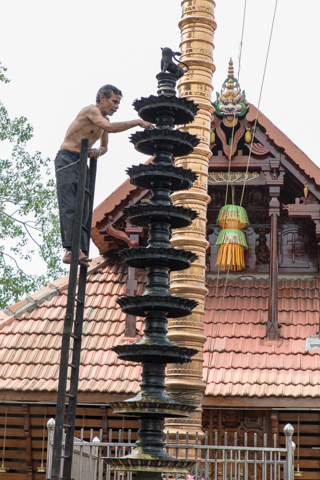
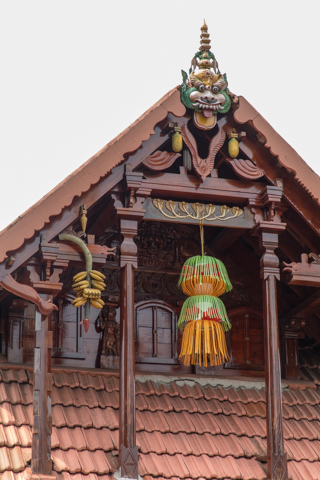
1. Brahmin = Creator
2. Vishnu = Protector
3. Siva = Destroyer
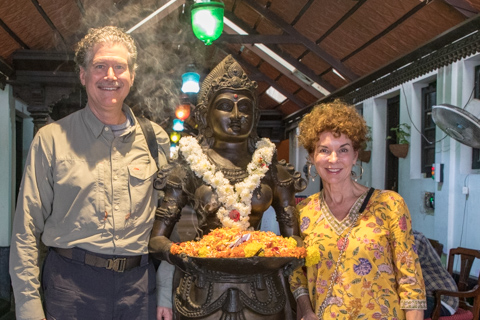
Then it was back to our hotel for a shower, afternoon tea with shortbread and ginger snap cookies before heading to the old city for a traditional dance and evening of storytelling.
